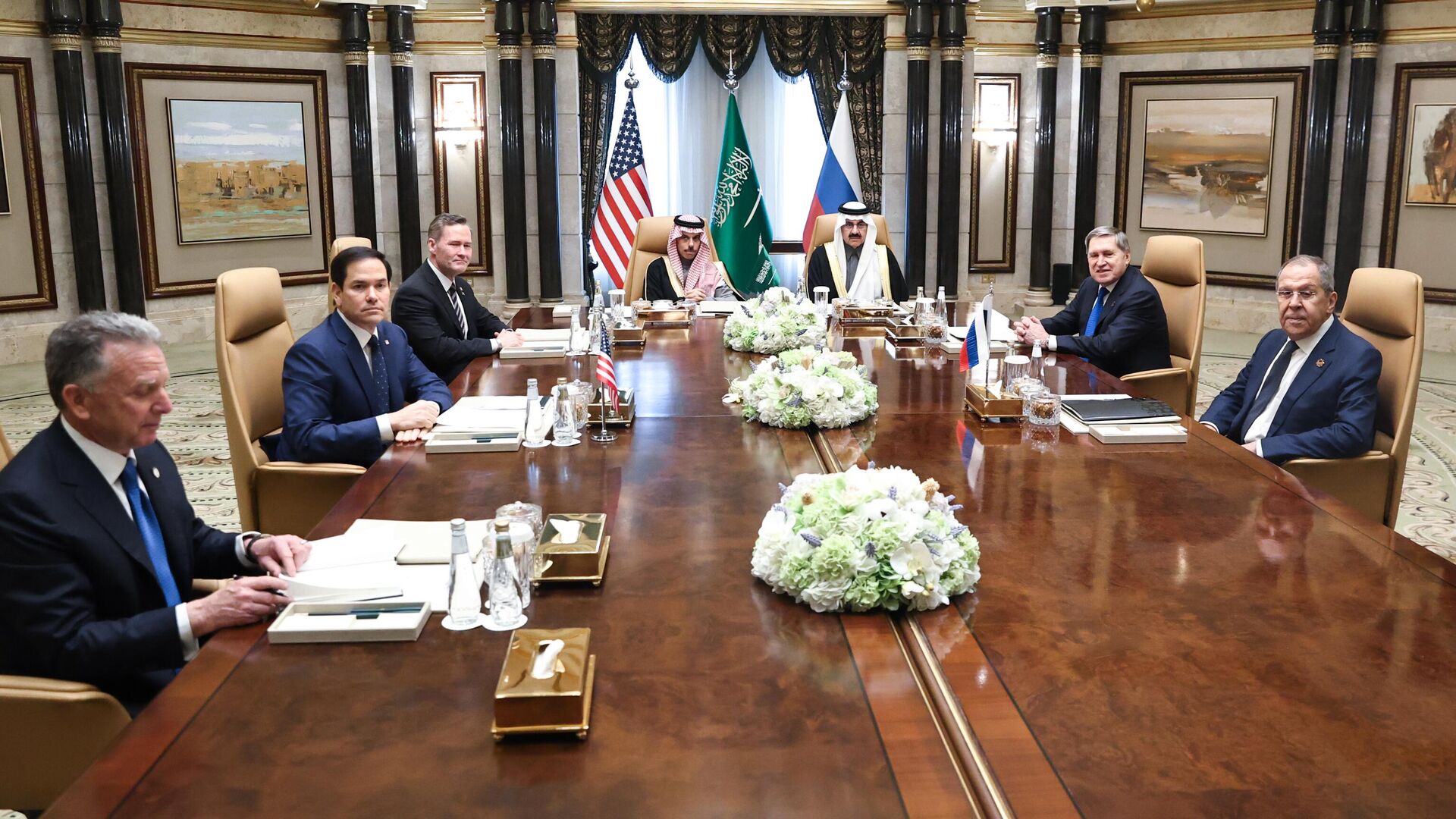

A third round of consultations of Russia and the United States on bilateral irritants will take place very soon, Russian Deputy Foreign Minister Sergey Ryabkov said on Tuesday.
"Bilateral
issues. There is movement here, and we are working to increase its pace
and intensity. The third round of bilateral consultations on irritants
is approaching," Ryabkov said.
"It is too early to talk about a specific date, but I
hope the round will take place very soon."
Russia will seek a clear response from the United States to its proposals to resume flights, the diplomat said.
"There
is a whole range of issues. It is more difficult and easier, although
there are no easy issues in relations with the United States. But
comparing one with the other, relatively speaking, it is easier to deal
with visas than with the resumption of direct flights," the deputy
minister explained.
This difficulty "in no way discourages Russia," the diplomat said.
"Difficulties,
on the contrary, only mobilize us. We will seek a clearer response from
the Americans to our proposals in this area and to those proposals that
are reflected in the roadmap submitted to the Americans on the equally
difficult issue of returning illegally confiscated diplomatic real
estate with the United States," Ryabkov added.
Russia and the United States are working on topics related to the Iranian nuclear program, Ryabkov said.
"The
third area of work is international topics. There are major topics
here — the Middle East, of course. Discussions on topics related to the
Iranian nuclear program," Ryabkov told reporters.
Without
a dialogue with Washington, it will not be possible for Russia to work
out a solution on the issue of the use of US fuel at the Zaporozhye
nuclear power plant, Sergey Ryabkov said.
"Without
dialogue with the Americans, it will not be possible to work out one or
another solution objectively. This is an obvious fact for everyone. As
for the presence or non-presence [of American representatives], this is a
secondary, technical issue and there is no need to politicize this
topic. It all depends on what is considered correct, from a practical
point of view, by the plant operator and the management of Rosatom,"
Ryabkov told reporters.











